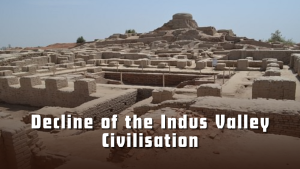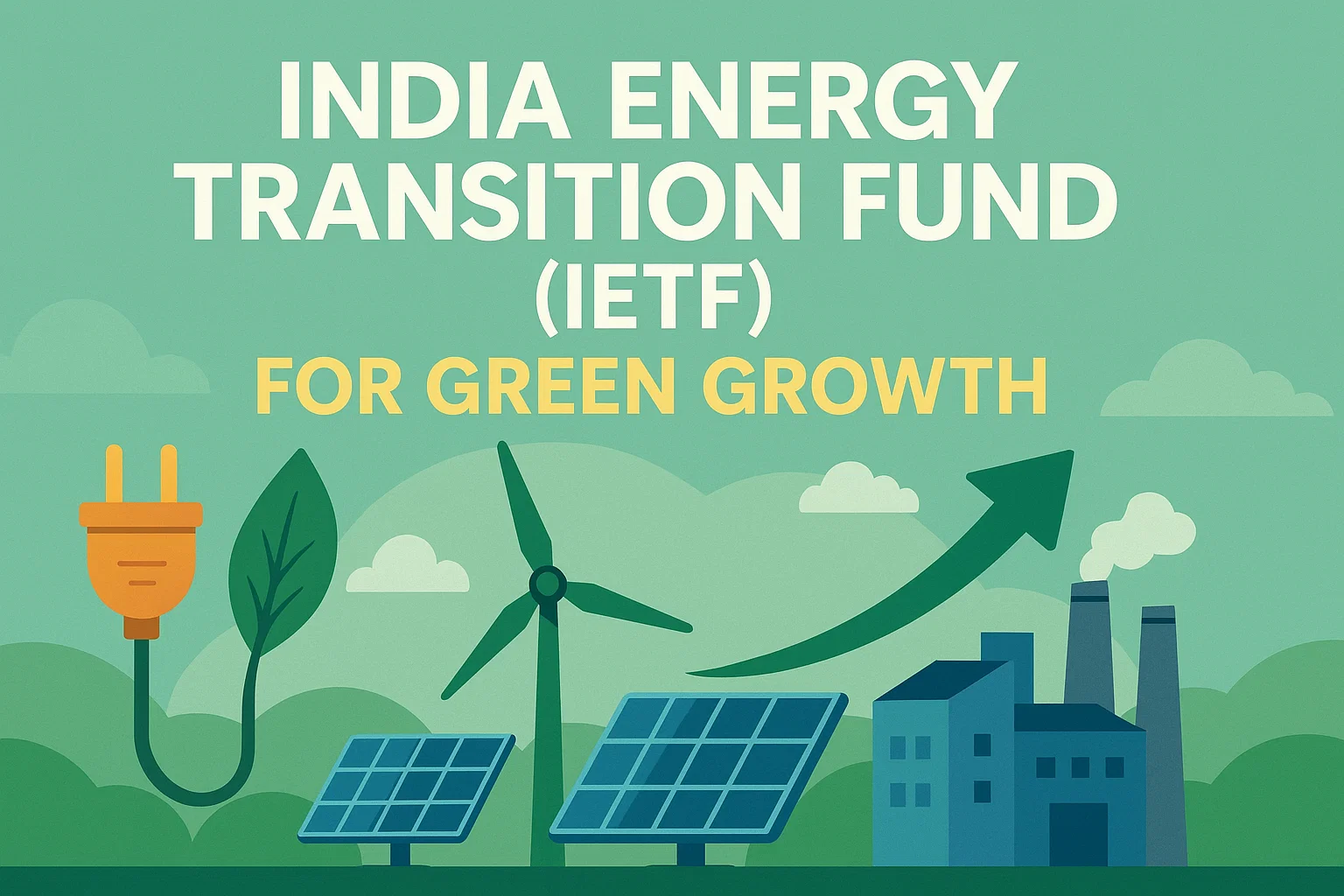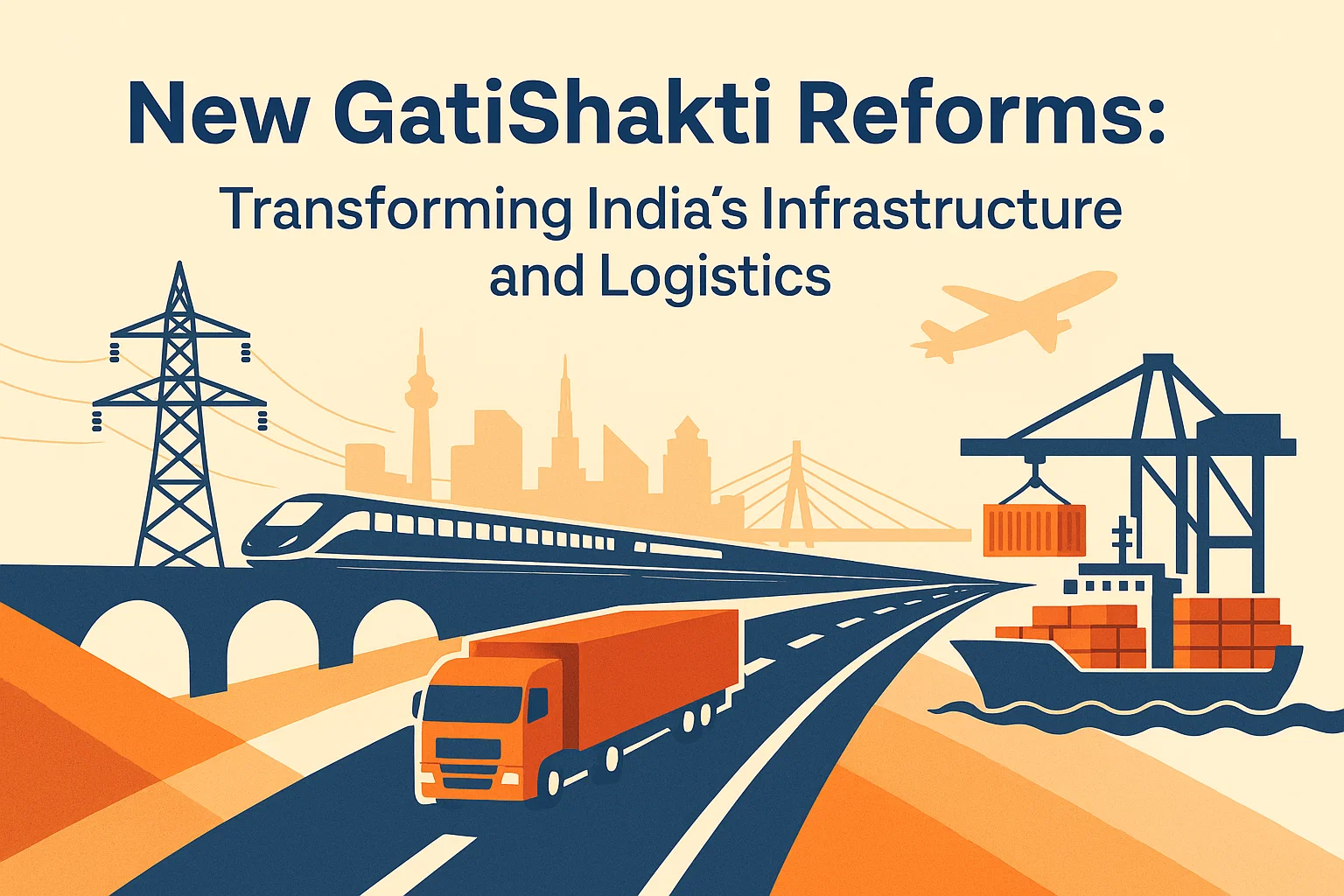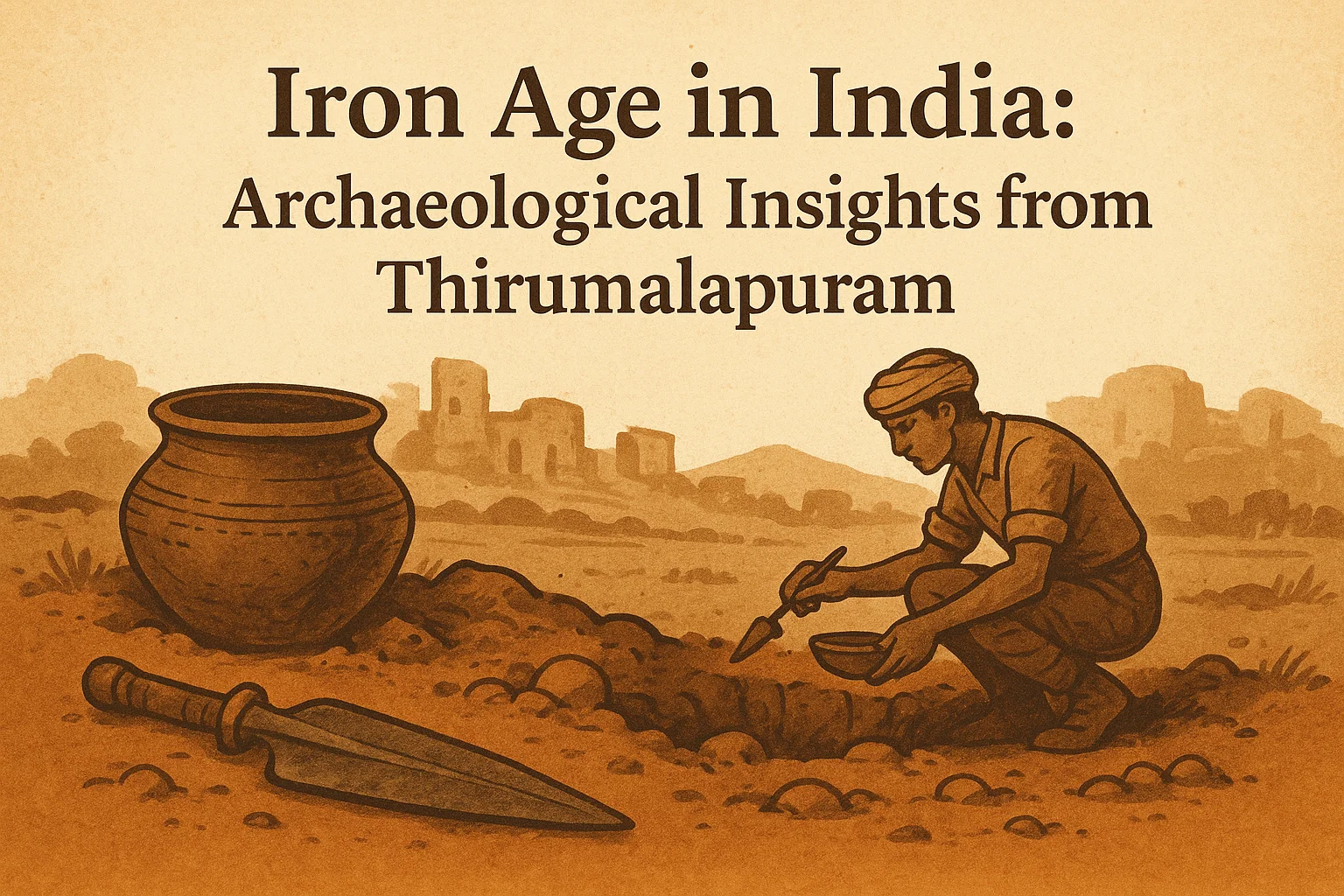RTE Exemption to Minority Institutions Needs Urgent Revision
RTE Exemption to Minority Institutions Faces Critical Review
Context: The Supreme Court’s recent call to reconsider the blanket exemption of minority institutions from the RTE Act has reignited debates on balancing constitutional rights with universal access to education. At a time when India is working towards inclusive growth and bridging learning gaps post-pandemic, this issue gains renewed urgency.
What is the Right to Education (RTE) Act?
The Right of Children to Free and Compulsory Education Act, 2009 operationalised Article 21A of the Constitution, mandating free and compulsory education for children aged 6–14 years. It requires:
- Minimum infrastructure standards (pupil–teacher ratio, school facilities).
- Reservation of 25% seats in private unaided schools for children from economically weaker and disadvantaged groups.
- Norms for teacher qualifications and prohibition of physical punishment.
According to the Ministry of Education (2023), the Act has been pivotal in increasing enrolment, particularly of girls and children from disadvantaged communities, contributing to a rise in Net Enrolment Ratio at the elementary level to over 97%.
What are the major exemptions provided under the RTE Act?
The Supreme Court’s 2014 Constitution Bench judgment in Pramati Educational & Cultural Trust vs. Union of India granted minority institutions—both aided and unaided—blanket exemption from RTE obligations. Key aspects:
- Article 30(1) protects the right of minorities to establish and administer educational institutions.
- Minority schools are exempted from the 25% reservation mandate.
- Madrasas and Vedic Pathshalas are also exempted, as bringing them under RTE was considered an infringement on cultural and religious freedoms.
This exemption created a dual regulatory framework, where minority institutions remain outside obligations that apply to other private schools.
What is the need for revisions related to exemptions?
- Equity concerns: As per Economic Survey 2022–23, nearly 20% of private schools in India are minority institutions. Complete exemption dilutes the objective of universal inclusion under RTE.
- Judicial reconsideration: In September 2025, the Supreme Court called the 2014 blanket exemption “unavoidable to revisit,” stressing the need for harmonising minority rights with children’s right to education.
- Access and accountability: Down To Earth (2024) highlighted that exemptions limit disadvantaged children’s access to quality private schooling, reinforcing social stratification.
- Global comparison: UNESCO’s Global Education Monitoring Report 2023 emphasises that balancing religious/cultural autonomy with inclusivity is essential for achieving SDG 4 (Quality Education).
What are the broader challenges in RTE implementation?
- Learning outcomes: The ASER 2023 report shows that despite high enrolment, over 50% of Grade 5 students cannot read a Grade 2 text, indicating poor learning levels.
- Infrastructure gaps: Many government schools still fall short of RTE norms in toilets, electricity, and libraries (Education Ministry, 2022).
- Dropouts: Child labour, early marriage, and migration remain critical causes for discontinuation, as flagged in the NITI Aayog’s SDG India Index 2023.



